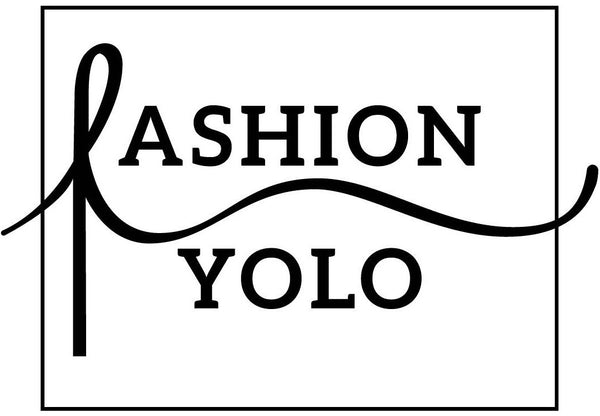What is lyocell and how is lyocell made?
shares
Lyocell is an industrial material made from the natural element cellulose. The cellulose is obtained from managed forests, mainly in Austria and the USA. The fibers obtained are very soft, absorb moisture well and are very hard-wearing. Typical areas of application are therefore bed linen, towels and above all items of clothing such as our Fashion Yolo T-shirts.
The lyocell manufacturing process
The manufacturing process of lyocell is relatively complex and requires several steps.
- Extracting the cellulose: The first step in making lyocell is extracting cellulose, which is usually derived from eucalyptus, pine, or beech wood. The wood is cut into small pieces and then converted into pulp in a chemical process.
- Dissolving the cellulose: The pulp is then dissolved in a solvent to create a thick, honey-like mass. The most commonly used solvent is N-Methylmorpholine N-Oxide (NMMO).
- Filtering and Spinning: This cellulose pulp is then forced through small nozzles to create fibers. These fibers are collected in a dope and then spun into a thread in a spinning chamber.
- Washing and Drying: The threads are then washed to remove any excess chemicals and then dried. This process can be repeated several times to ensure all chemicals have been removed.
- Post-treatment: Finally, the dried threads are put through a series of post-treatment processes, including smoothing and cutting the fibers to the desired length.
- End Product: The end product is a soft, silky fiber that can be used in a variety of textile products, from clothing to towels and bed linen.
An advantage of the lyocell manufacturing process is that the solvent used is almost 100% recyclable, making it a more environmentally friendly option than many other textile manufacturing processes.
Lyocell: environmentally friendly and sustainable
The process to produce Lyocell uses a closed system where the solvent used (amine oxide) is almost 100% recycled and reused, resulting in significantly less water pollution. In addition, the production of lyocell uses less energy and water than the production of other fabrics such as cotton. Finally, lyocell is biodegradable, which means that at the end of its life cycle, it will naturally break down and return to the environment instead of ending up in a landfill. All of these factors make Lyocell an excellent choice for environmentally conscious consumers and businesses.
Benefits of lyocell:
- Eco-friendly: Lyocell is made from sustainably sourced eucalyptus wood and is biodegradable. The manufacturing process is also less chemically intensive and water-consuming than with other fibers.
- High breathability: Lyocell is known for its excellent breathability. It helps regulate body temperature by effectively absorbing and releasing moisture.
- Softness and Shine: Lyocell fabrics are very soft and have a natural sheen. They are pleasant on the skin and offer a high level of comfort.
- Durability: Lyocell is strong and durable. It keeps its shape even after several washes and doesn't lose its color that quickly.
- Hypoallergenic: Lyocell is hypoallergenic, making it a good choice for people with sensitive skin or allergies
- Easy Care: Lyocell is machine washable and dries quickly, making it an easy care textile option.
- Antimicrobial Properties: Lyocell has natural antimicrobial properties, meaning it inhibits the growth of bacteria and other microorganisms. This can be particularly beneficial for sportswear or bedding.
